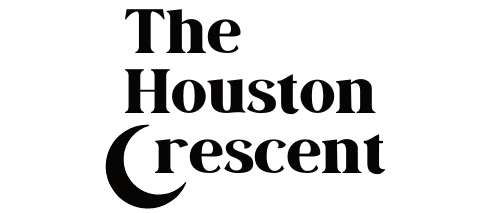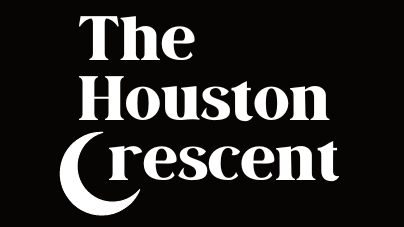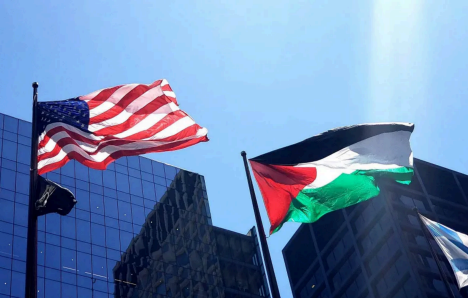Written by Pernia Latif
A year ago, on October 7, history as we know it changed for all of us. We all know the details of what occurred on that day and everyone believes a narrative of their own, after researching
what is a credible source of information for them. However, in the aftermath of that event, Israel unleashed a wave of violence, leaving unarmed Palestinians to suffer unimaginable horrors. Entire families have been wiped out, and the death toll is uncountable. Over 2 million civilians in Gaza have been displaced, wandering a land that no longer resembles home. The scenes of carnage—graphic and gut-wrenching—have been seared into the global consciousness, shared widely on social media as evidence of Israel’s chosen path for Palestinians.
Almost a year into the genocide, the world watched as Israel expanded its aggression, attacking Lebanon and committing acts of terror. Israel’s actions have us standing at the brink of WWIII and as a global community, we are left asking: What will they stop at?
However, amidst the devastation, something powerful has emerged. The narrative surrounding
the Palestinian struggle has shifted dramatically. A wave of protests, most notably led by
students across colleges, has forced the world to take notice in ways that previously seemed
impossible.
Student-Led Resistance
Across campuses, students organized demonstrations, risking their safety to demand justice for the people of Gaza. In some cases, they achieved what many thought was impossible—convincing college authorities to divest their funds from weapons manufacturers supplying arms to Israel. Harassed, tear-gassed, and vilified, these young activists remained resolute, courageously donning keffiyehs at graduation ceremonies and flying the Palestinian flag unapologetically. Their protests were not just symbolic; they were declarations of an unwillingness to stand by in silence while human rights violations were carried out in broad
daylight.
The courage of these students has breathed new life into the global movement for Palestinian
liberation. In a time when peaceful protests are often met with violence, their unyielding spirit
has challenged power structures, inspiring countless others to stand in solidarity.
The Power of Media and Free Speech
The shift is not limited to college campuses. Media voices, once constrained by fear of backlash, are speaking out more openly against the apartheid regime in Israel. Prominent figures such as Mehdi Hasan, Bassem Youssef, Candace Owens, and Briahna Joy Gray are openly challenging Israel’s actions on national television. Despite facing professional and personal consequences, these speakers remain unfazed, showing that the conversation can no longer be silenced by intimidation.
Authors like Ta-Nehisi Coates have used their platforms to shift public perception as well. His
latest book, The Message, which touches on the Israel-Palestine conflict, became an instant
bestseller. Coates’ influence over millions of readers highlights how the Palestinian cause has
begun to permeate mainstream consciousness, encouraging more people to question long-held assumptions.
A Global Awakening
One year after the October 7 massacre, the devastation in Gaza remains an open wound. But
the narrative has shifted in ways that give hope. More and more people, from students to public intellectuals, are unwilling to ignore the realities of Israeli apartheid. This new chapter in the fight for Palestinian rights is defined by courage, resilience, and the refusal to accept
oppression in any form.
The question now is not only what will Israel stop at—but how far will this movement for justice go? As the voices for Palestinian freedom grow louder, it is clear that they will not be silenced.
The world is watching, and change is not only possible—it is inevitable.


